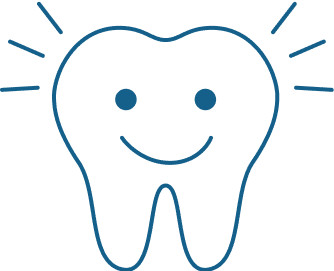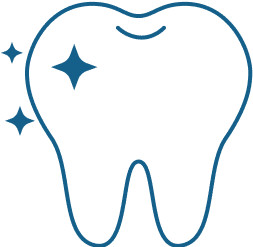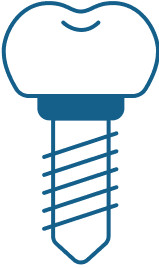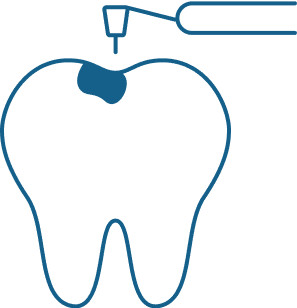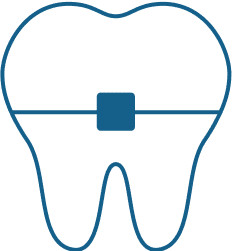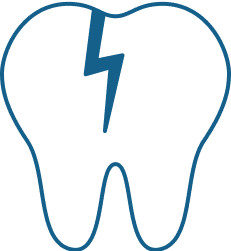Sedation Dentistry
Sedation therapy can help many people with anxiety issues or going through a lengthy treatment feel calm and relaxed while undergoing dental procedures. We at Bentway Dental Toronto have a variety of options for those seeking sedation therapy as part of their dental treatment.

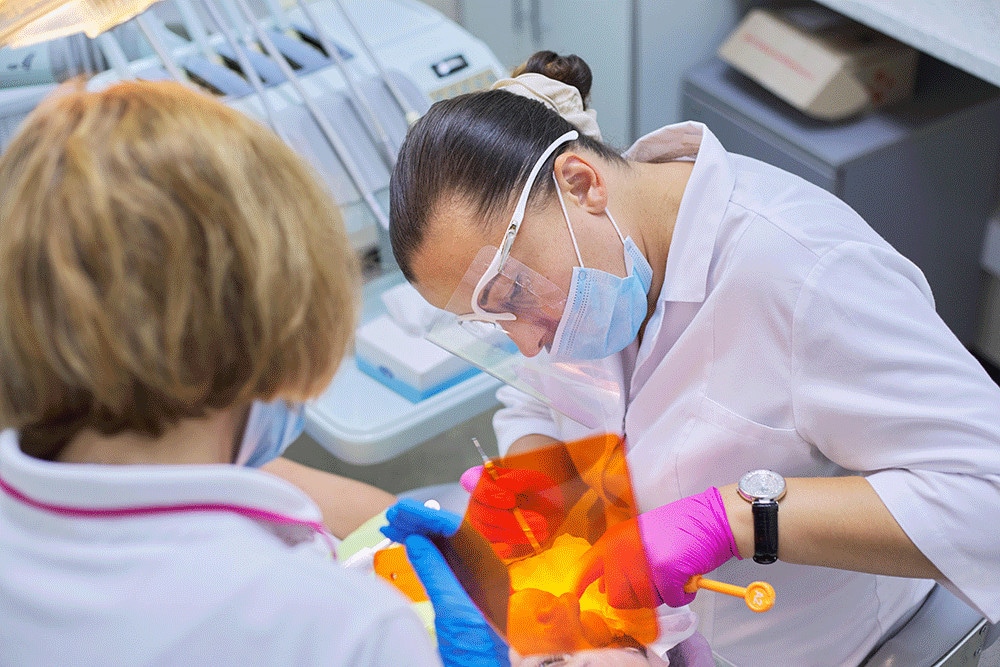

Comfortable Care
Providing sedation services with a caring staff to make your dental office visit a better experience.
Consultation
We provide treatment options and consultations that improve your oral health now and prevent issues as you age.
Highest Quality
Our new technology and educated dentists specialize in dental care that addresses both minor and major oral health issues.
Always Smiling
From our patient and compassionate staff to the dental care we provide our patients, our dental office will keep you smiling for years to come.
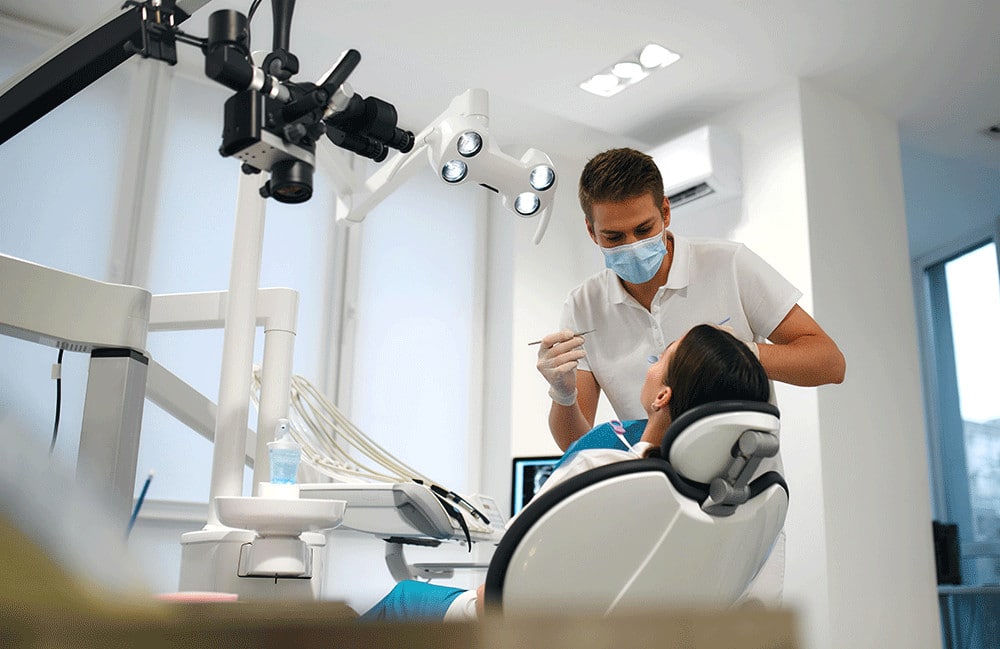
Sedation Dentistry
Types of Sedation Therapies
Many people don’t realize there are different types of sedation therapies that are available to dentists who have the special certification to use them on patients. Oral conscious sedation, intravenous (IV) sedation and nitrous oxide are the three types of sedation dentists can use.
Sedation dentistry offers moderate sedation. That means you are awake but feeling relaxed. Some dentists call it “twilight sleep” or conscious sedation dentistry. It allows the patient to have insensitivity to pain stemming from short-term amnesia. Yet, you remain conscious and that makes it much safer than anesthesia that puts you completely out.
This type of dentistry is helpful for those who fear dental visits, who have a sensitive gag reflex, a fear of needles, or high tooth sensitivity. For some, local anesthesia isn’t effective and others have claustrophobic feelings while sitting in a dental chair awaiting a procedure. Some patients have medical conditions where they can’t control their movements or have special needs
Differences in Sedation Therapies
Each type of sedation dental therapy offers advantages and disadvantages. Oral conscious sedation comes in a pill and you take it about an hour before your procedure.
Pills are usually triazolam, which is a form of diazepam. However, dentists also use zaleplon, lorazepam, and use midazolam oral syrup in pediatric dentistry or when patients can’t take pills.
You will get groggy but are still able to talk to your dentist. You will need a friend or family member to drive you after your procedure with this sedation therapy.
Make an Appointment
Sedation Dentistry
About Sedation Therapies
Intravenous (IV) sedation provides a deeper type of conscious sedation. This option is best for those with severe anxiety or who are undergoing a long dental treatment.
With IV sedation, you will be injected with medications into your bloodstream through an IV. Your vitals, like blood pressure, oxygen, and heart rate are monitored throughout the procedure with this sedation therapy.
This therapy will cause most to sleep, even though you technically are conscious. A gentle nudge will wake you up. You will have no memory of the treatment and will need a ride home.
Other services

